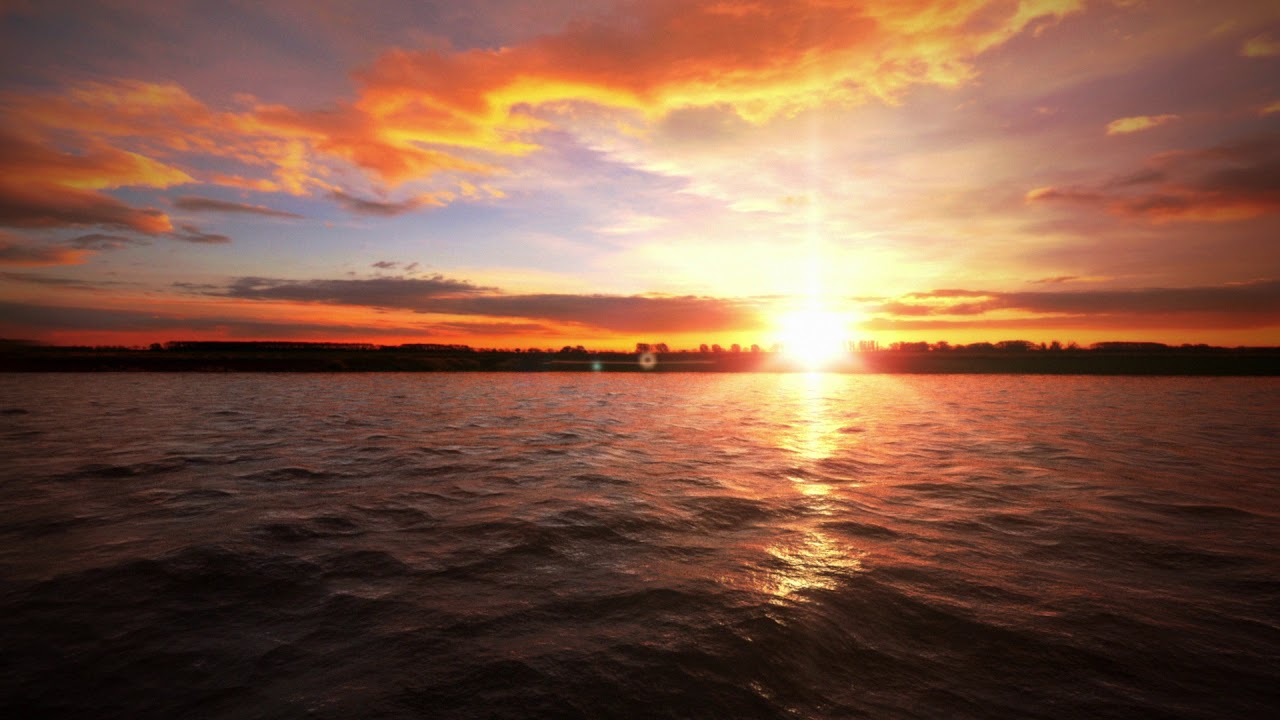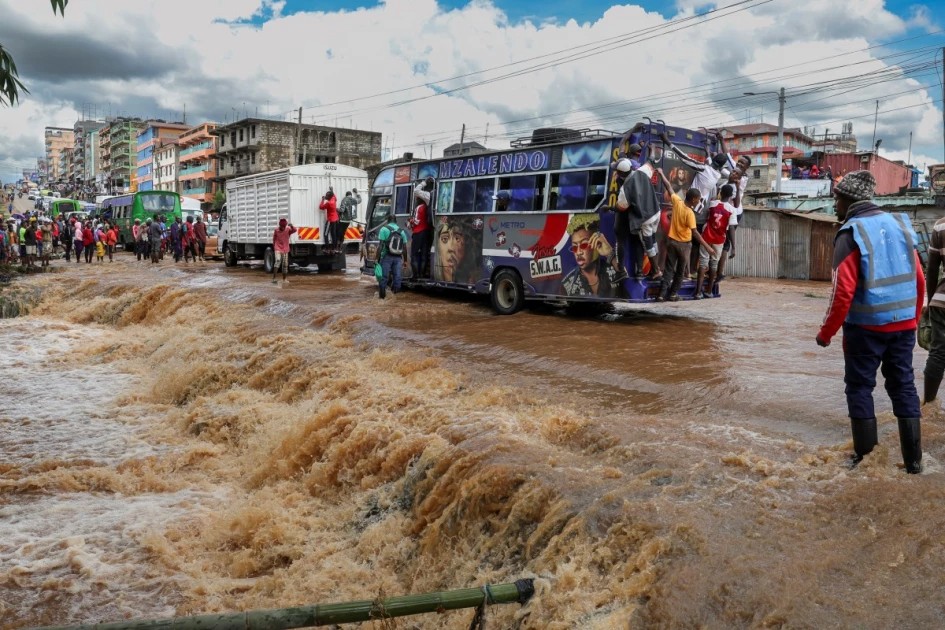- Lakes are among the most important natural resources on our planet, quietly sustaining life in ways we often overlook.
- Protecting lakes is therefore not just an environmental issue but a matter of survival.
Lakes are among the most important natural resources on our planet, quietly sustaining life in ways we often overlook. They provide 90 per cent of the world’s surface fresh water and, together with the rivers that feed them, support the livelihoods of an estimated 60 million people.
According to the United Nation, (UN), lakes feed communities through fisheries, irrigate farmlands that produce our food, and support industries that fuel economies. They are also hubs of biodiversity, sheltering countless species of plants and animals, many of which are unique to specific lake ecosystems.
The role of lakes extends beyond the practical. They regulate climate by absorbing carbon, help manage floods by holding excess rainwater, and provide recreational spaces that enhance mental well-being.
For many communities, lakes carry deep cultural, spiritual, and historical significance, forming part of their identity and traditions. Quite simply, life without healthy lakes would be unimaginable.
Yet, these lifelines are under serious threat. Climate change is causing some lakes to shrink while others overflow dangerously as glaciers melt. Overuse and diversion of water for agriculture and cities are depleting lakes at alarming rates.
Read More
Pollution, from untreated sewage to industrial waste and agricultural runoff, is not only choking waters with harmful algal blooms but also creating dead zones where aquatic life struggles to survive.
Protecting lakes is therefore not just an environmental issue but a matter of survival. Solutions exist, and they begin with valuing lakes as the treasures they are.
Governments can adopt integrated water management policies that balance agricultural, industrial, and community needs without draining lakes dry.
Local communities can engage in conservation efforts, from restoring wetlands to monitoring water quality.
On an individual level, reducing plastic waste, supporting clean-up efforts, and promoting responsible farming practices all add up to meaningful change.
The recent introduction of World Lake Day, observed every 27th of August, serves as a timely reminder of how urgent this responsibility is.
However, protecting lakes cannot be about one day of awareness, it must be a year-round commitment. Simply put, Lakes are lifelines, and safeguarding them is safeguarding our future.






-1769677767.jpg)